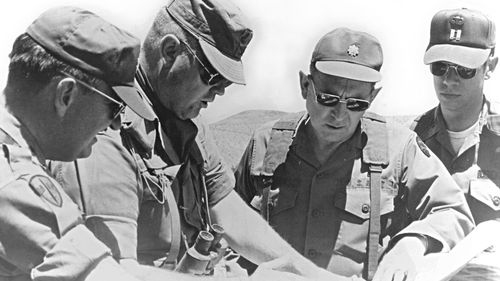Sun Tzu on Timing and Emotional Detachment
Jul 17, 2023 · 2 mins read
0
Share

Number one of Sun Tzu’s ‘‘five occasions when victory can be foretold’’ is:
When the general knows the time to fight and when not to fight
Save
Share
The wise leader is able to see the whole of a situation and read the way things are moving. This provides the genius of timing. The opposite of this is to cling on to particular course of action regardless of conditions.
Save
Share
This is the hallmark of an ideologue. On the battlefield it is a terrible approach. The Art of War warns never to act according to beliefs or dogma but in light of the information flowing in a particular moment.
Save
Share
Moreover, we must always challenge conventional wisdom in order to arrive at the truth of a situation.
Save
Share
General Norman Schwarzkopf, considered one of the best generals in modern times and vital to the successful defeat of Saddam’s invasion of Kuwait, was a fan of Sun Tzu.
Save
Share
Schwarzkopf was not a rigid ideologue, but strategized according to opportunity and conditions. In contrast, the failure of America’s second war with Iraq was put down to a disastrous combination of blind idealism and poor knowledge of the insurgency.
Save
Share
To the extent that US forces employed ‘shock and awe’ at the start of battle, they followed Sun Tzu’s teachings. But as Sun Tzu points out, brute force alone may not be enough.
Save
Share
To be wily, to surprise and deceive, yet to act in a detached way and without arrogance, are all qualities crucial to victory.
Save
Share
Regarding detachment, Sun Tzu observes: “War should not be undertaken because the lord is in a moment of passion. The general must not fight because there is anger in his heart.”
Save
Share
The passions may change, but “a country, once overturned, cannot be restored; the dead cannot be brought to life.”
Save
Share
0